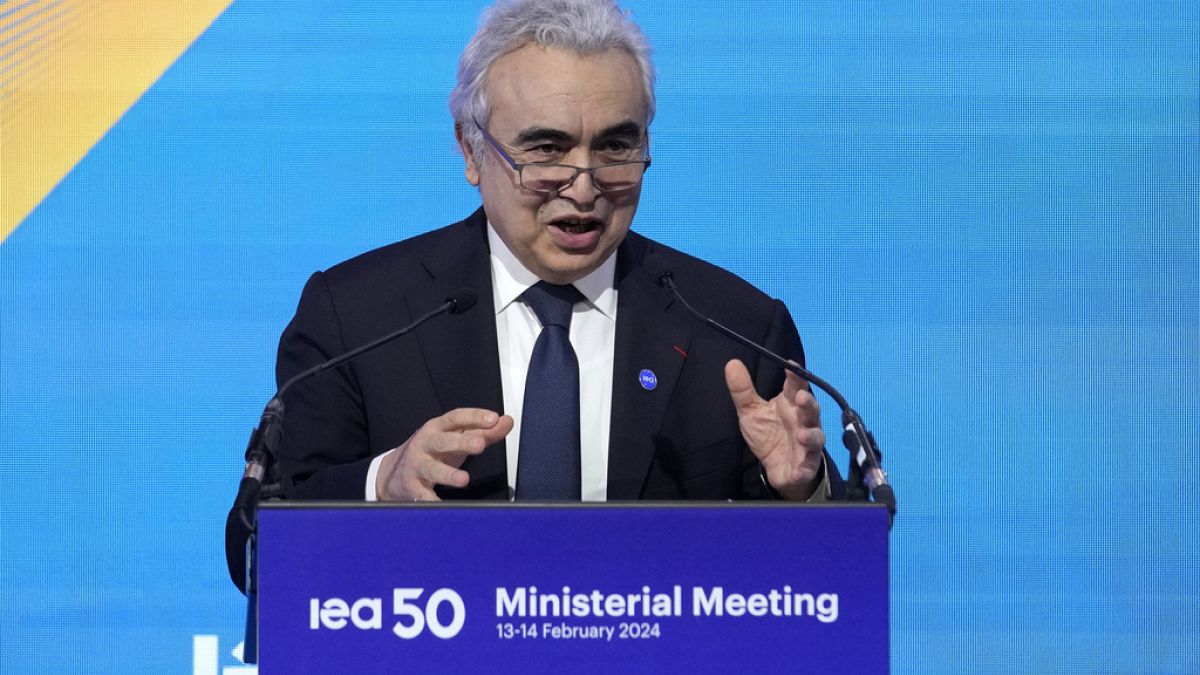Goal to triple renewable power by 2030 is achievable but countries need to put more effort on implementing energy and climate pledges, the International Energy Agency said.
Countries are not on track to triple renewable energy capacity by 2030, despite their national energy and climate pledges, an analysis from the International Energy Agency (IEA) warns today (June 4).
Official commitments in national energy and climate plans currently amount to 1300 gigawatts, IEA stated, only 12% of the goal set at COP28 of tripling capacity. If countries implemented all their pledged ambitions for 2030 however, that would amount to 11,000 gigawatts of installed global renewable capacity.
This is led by European countries, the report stated, which contribute a fifth of the pledged global total — the second highest contributor after China. Germany alone makes up a quarter of Europe’s ambition on renewable capacity, followed by France, Italy, Spain and the UK, which together contribute another third.
The Paris-based agency identified a window of opportunity over the coming months for nations around the world to develop “clear plans” for boosting renewable power. The report notes, however, that countries need to accelerate implementation and move their ambitions higher to align with the tripling goal in yet another effort to limit global warming to 1.5°C as set out in the Paris Agreement.
The amount of renewable energy capacity added worldwide has tripled since the Paris Agreement was signed in 2015, according to the report.
Many countries have turned to solar and wind following a sharp drop in cost, along with efforts by governments to lower emissions and strengthen their energy systems. The cost of solar and wind technology has dropped by 40% since 2015, making them more competitive with fossil fuels, the IEA said.
“This report makes clear that the tripling target is ambitious but achievable – though only if governments quickly turn promises into plans of action… By delivering on the goals agreed at COP28 countries worldwide have a major opportunity to accelerate progress towards a more secure energy system,” said Fatih Birol, IEA’s executive director.
Recent projections by the energy think tank Ember, based on EU countries’ national and climate energy plans, reflect a similar scenario to IEA’s latest analysis: while national ambition is “nearing what’s needed” for the EU’s energy targets, a “further push” is needed to close the remaining gap and accelerate deployment, according to Ember’s findings.
“We estimate that renewables are on course to generate 66% of EU electricity by 2030,” said Chris Rosslowe, senior energy & climate data analyst at Ember. “This is a rapid and significant increase on the level in 2023 (44%) but falls short of the 72% REPowerEU target,” he added, referring to the EU executive’s plan to fast-forward the green transition.
Flore Belin, renewable energy expert at the NGO Climate Action Network (CAN) Europe regretted EU countries are not on track to triple clean power capacity and suggested a number of corrections to set nations on the right course: “We need to see higher renewable contributions within member states’ national plans, matched with faster permitting with quality for the deployment of wind and solar, along with the expansion of the EU’s grid network in an inclusive and nature-positive manner,” said Belin.
The proposal to triple renewable energy capacity was signed by 118 countries under the so-called Global Pledge in Dubai.
“With these goals we are providing them [industries and investors] with clarity and predictability about the future… They will know how much additional capacity we need by 2030 and this will help them plan their business and investments,” European Commission Ursula von der Leyen said at the COP28.
Thirteen EU countries have backed the idea of further accelerating the deployment of renewable energy in a position paper published after the Commission communication on the 2040 climate target in February.
Austria, Denmark, Estonia, Germany, Greece, Ireland, Latvia, Luxembourg, Malta, the Netherlands, Portugal and Spain said such feat will be a “key task” for the next Commission as well as to ensure a robust energy system integration to make the energy system fit for integrating the projected amounts of renewable energy sources.

